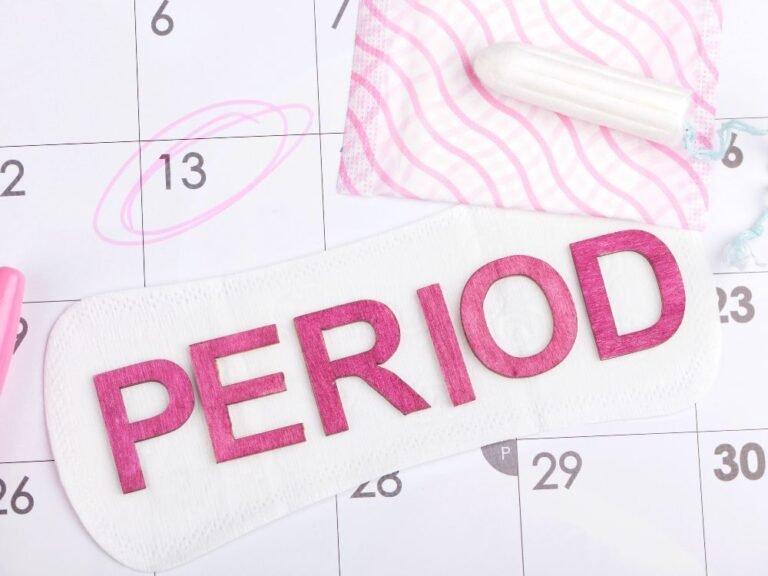Missing a period can trigger a flood of concerns. Relax, you’re not alone in this. This blog post delves into what might be happening and potential solutions. Learn what factors can interrupt your menstrual cycle, and discover when it might be time to seek professional advice.
Introduction
Stress isn’t merely a buzzword; it’s a physical response that can significantly disrupt many areas of health, including menstrual cycles. Understanding how stress disturbs hormonal balance is crucial, not only for psychological well-being but also for maintaining regular menstrual periods. Addressing stress is, therefore, essential not just for overall health, but also for preventing stress-induced disruptions like amenorrhea.
1. Mindfulness and Meditation
Introduction to Mindfulness:
Mindfulness involves staying present and fully engaging with the now without judgment. It has been shown to significantly lower stress levels, by reducing overactivity in the brain’s stress-response areas.
Meditation Techniques:
Beginners can start with simple guided meditations that focus on breathing and body scans. Even a few minutes daily can pave the way towards a more serene mindset.
Regular Practice:
Incorporating mindfulness can be as simple as setting aside moments for deep breathing before meetings, or spending the first few minutes of waking up in silence.

2. Physical Activity and Exercise
Types of Exercises:
Yoga and aerobic exercises like brisk walking or cycling enhance endorphin levels and can recalibrate your hormonal balance. This contributes directly to better cycle regulation.
Routine Building:
Establish a routine that suits your lifestyle. Consistency is more beneficial than intensity. A 30-minute daily walk, three yoga sessions per week, or any other routine that fits easily into your daily life can make a difference.
Exercise and Hormonal Balance:
Regular physical activity can help to stabilize hormonal fluctuations related to stress and ensure that your cycle stays regular.
3. Diet and Nutrition

Balanced Diet:
Nutrients like omega-3 fatty acids, vitamins B and E, and magnesium play critical roles in hormone regulation. Ensure your diet includes plenty of leafy greens, nuts, seeds, and fatty fish.
Stress-Busting Foods:
Foods known to combat stress include dark chocolate, avocados, berries, and herbal teas like chamomile or green tea.
Avoiding Harmful Intakes:
Reduce intake of caffeine and sugar, which can exacerbate stress levels and impact menstrual health negatively.
4. Sleep Quality Improvement

Importance of Sleep:
Sleep is not just restorative; it’s a crucial period for hormonal regulation. Lack of sleep can exacerbate stress and disrupt menstrual cycles.
Sleep Hygiene Practices:
Create a bedtime routine to signal to your body that it’s time to wind down. Avoid screens an hour before bed, keep your bedroom environment calm and soothing, and try to go to bed and wake up at consistent times.
Addressing Sleep Disorders:
Seek professional help if you find consistent difficulty in falling or staying asleep.
5. Time Management Skills

Prioritizing Tasks:
List down daily tasks, and set priorities. Acknowledge what must be done versus what can wait. This reduces the stress that comes from feeling like you have to do everything at once.
Tools and Techniques:
Utilize tools like digital planners or calendar apps to manage your tasks efficiently.
Saying No:
It’s okay to decline additional responsibilities sometimes. Spreading yourself too thin can lead to burnout and stress.
Summary
From mindfulness meditation to improving sleep quality, these strategies can significantly reduce stress if practiced consistently. Don’t hesitate to start small, experiment with different methods, and use what works consistently to help manage your stress and maintain menstrual health. Remember, it’s about finding a balance that works personally for you.






